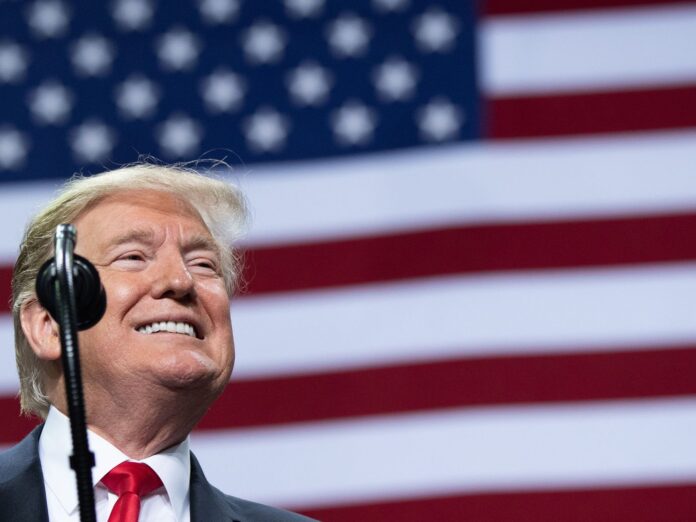Author: Hal Brands
Affiliation: Johns Hopkins School of Advanced International Studies (SAIS)
Organization/Publisher: Foreign Affairs
Date/Place: September 27, 2019, U.S.
Type of Literature: Journal Article
Word Count: 2212
Keywords: Trump’s Personal characteristics, Dealmaker, Advisors, The US Foreign Policy, The Year of Dangerous Provocations
Brief:
Hal Brands, considered one of the most prominent contemporary scholars, attaches the highest importance to the leadership factor in explaining countries’ foreign policies and predicting their future paths. Brands dedicated this article to highlight President Trump’s personality (along with the personalities of some of his key advisers), arguing that his characteristics have caused great harm to US foreign policy, and made the country lose much strength, reputation and trust across the world in a short time, with no positive sign of any imminent shift. Therefore, the US, in the year 2020, is heading towards a period full of dangers and crises. The author distinguishes a set of stages in Trump’s foreign policy as each year has had a specific feature, and according to the team that surrounds him as well. In 2017, the “axis of adults,” were able to constrain some, if not all, of Trump’s most disruptive impulses; they mainly included Secretary of Defense James Mattis, Secretary of State Rex Tillerson, and National Security Adviser H. R. McMaster. In 2018, Trump managed to free himself and installed softer and more compliant advisers, so that he could pursue “his foreign policy priorities” such as withdrawing from the Iranian nuclear deal, and imposing customs duties on allies. By 2019, Trump had eliminated his adviser John Bolton, and his ill-considered and sometimes contradictory policies have started to catch up with him. As for 2020, the author predicts that it will be the year of bad choices, in which Trump’s maneuvers will permanently collapse and his options will diminish. The Trump administration has set its foreign priorities as a defeat of rogue regimes in Venezuela, Iran, and North Korea, rather than focusing on China and Russia as the most significant and far-reaching threats; but even for the first list, Trump’s failed policies have been unable to make any significant progress. Rather, Maduro is entrenching himself for the long haul in Venezuela, the Iranians increased their challenge to the US presence in the Middle East through its repeated attacks on military bases, oil tankers and the downing of more American Drones. As for North Korea, Trump appeared weak in position during his negotiations with its leader, and he held on to the illusion of solving the problem, while Pyongyang is continuing to test its short and middle-range missiles. On the Chinese front, his trade war against China was not able to reach its goals; on the contrary, it has antagonized China and put more pressure on the US economy. Trump, in parallel, has also succeeded in shaking confidence between Washington and its traditional European allies. The author asks, is there still time for Trump to fix his policies and its results? The answer is no, even if he changes some of his advisers again. Accordingly, 2020 will be a tough year for US foreign policy. Washington is likely to face multiple crises and decisive decisions simultaneously, and it is hard to deal with many challenges at once, especially after the Trump administration burned all its cards. Furthermore, with the 2020 elections approaching, Trump will feel more pressure and the need to conclude new deals that allow him to “win” and fulfill his previous promises, especially as he is promoting himself as a dealmaker. Although Trump will likely try to move away from confrontation to diplomacy, the problem is that “Trump has a weak negotiating hand and his interlocutors know.” Opponents and rivals are more likely to take advantage of this weakness, along with his haste to conclude new deals, and will pressure Washington to make concessions by pursuing a set of provocations as Pyongyang or Tehran are doing now. Therefore, 2020 is likely to be a year of serious provocations rather than a year of successful diplomatic achievements in the US foreign policy.
By: Djallel Khechib, CIGA Senior Research Associate




